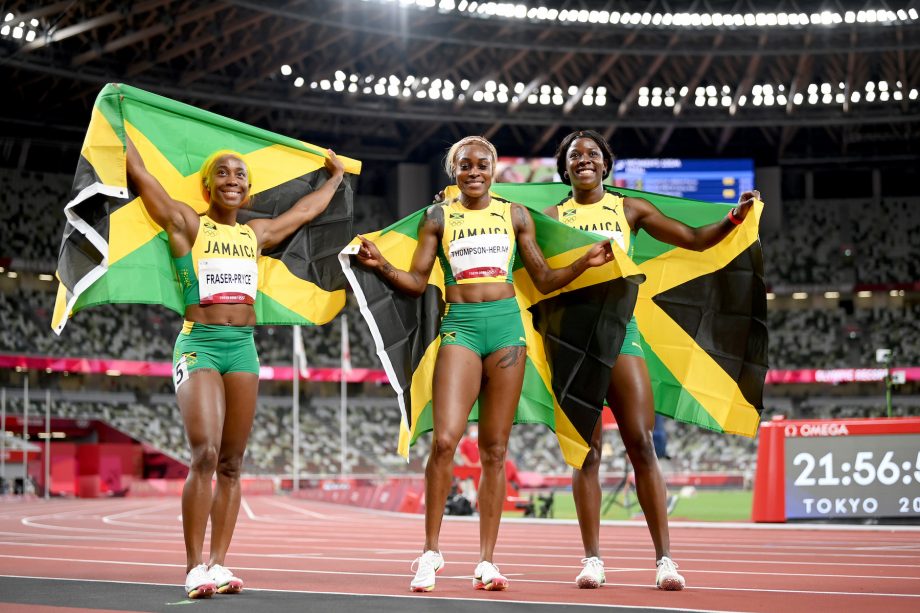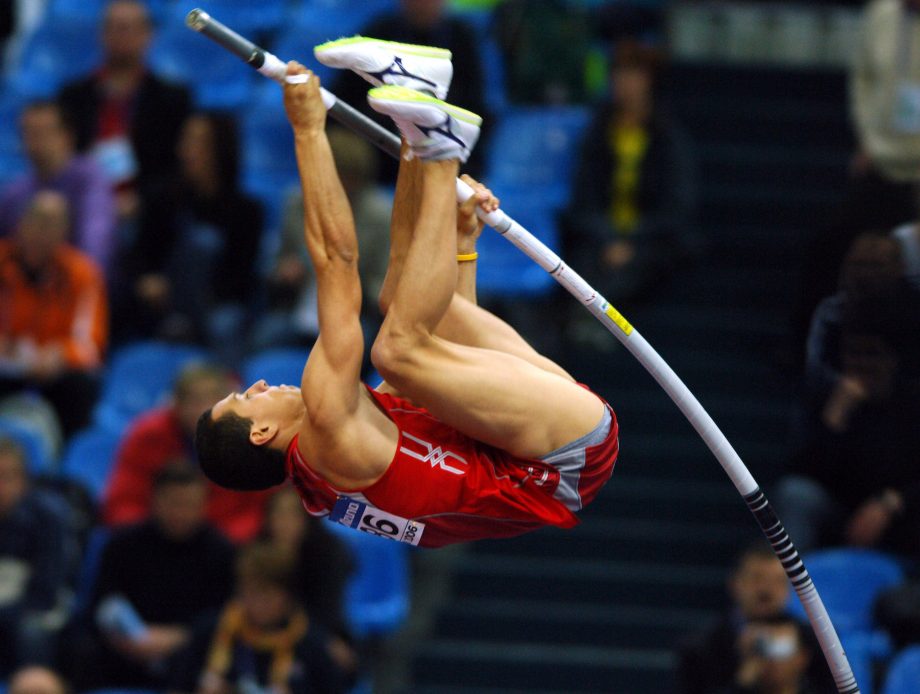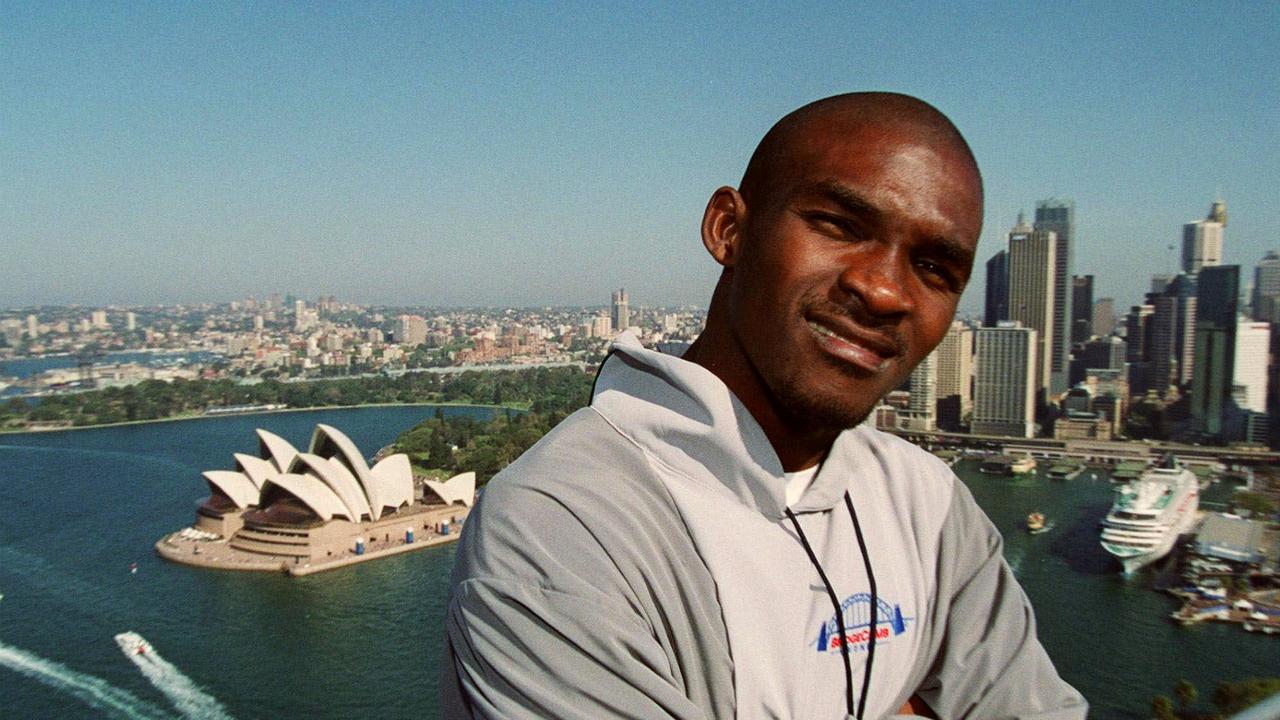Every four years, millions of sports fans around the world gather around the TV (or if you’re lucky enough to secure a ticket, in person) to watch the sporting elite compete in the Olympic Games.
A spectacle in the very sense of the word, the Olympic Games are the biggest global event of the sporting calendar, and a chance for us to see some of the best athletes perform on the biggest stage to claim the bragging rights for their nations.
The Olympics: A History
The first Olympics were held in Olympia, Greece, in 776 BC. Back then, the games were a completely different occasion to the global event that we know today. These games were part of a religious festival dedicated to Zeus, the king of the Greek gods, with 192-metre sprints, Diaulos and Dolichos, Pentathlon (field events), Wrestling, Pankration (more wrestling), and Horse and Chariot Races.
Of course, the modern version of the Games is less Brad Pitt in Troy and more Brad Pitt in Moneyball, with nations competing in a series of events that span from athletics to gymnastics, swimming to cycling, and team sports like basketball and football.

But, since the Olympic Games represent the very best of the best, just how easy can it be to qualify for your chosen event?
Each time the Olympics comes around, new sports are added, and for Paris 2024 there are 32 sporting events to enter – note that events such as athletics, swimming and cycling are listed as a single event, but there are several distances and disciplines within them – and the total number of medal events is a huge 329.
Which Olympic Sport Is Easiest To Qualify For?
If you want to become an Olympian, you certainly have plenty of events to choose from. Each of this year’s 32 sporting events will, naturally, require a varying degree of talent and skill, and depending on the country you’re representing and the event you elect, the path to the Olympics will differ.
Larger nations like the USA have a vast pool of athletes competing in qualifiers, making the competition fierce. Smaller nations, including developing countries, may have fewer athletes to choose from, sometimes leading to easier qualification and practically guaranteed Olympic spots.
This ensures that every nation can enter at least two athletes in the Games, regardless of their sporting prowess. Selecting the right sport is crucial, as some events, like track races, allow a maximum of three athletes per country, while swimming allows two per event.

If it’s an easy route to Olympic glory you’re chasing, it’s perhaps best to avoid high-profile events such as the 100m sprint or the 50m freestyle swim which boasts global stars like Usain Bolt and Michael Phelps in previous years.
Instead, look into sports that you could have some hope in hell at becoming incredibly good at in the three or four years before the next Olympiad. Forbes has previously curated a list of some of the most popular sports, which also shows how many years of training it would require to reach a competitive level.
Archery, for example, can be mastered in around four years, but you also have to take into consideration the cost of said training and the equipment required, but handball may only need around two years – plus, it’s a team sport, so you may be able to just show up and not have to get too involved and let the rest of the team carry you.
Alternatively, as laid out by Forbes, the coxswain that competes with the larger rowing teams also receives a medal if his or her team finishes on the podium, and all they need to do is tell the crew how hard to stroke. Easiest way to get a medal? Perhaps.
Can I Change My Nationality To Compete At The Olympics?
The other route to sporting stardom could be to change the country for which you represent. However, the International Olympic Committee (IOC) has made it increasingly harder to divert your allegiance.
“Any competitor in the Olympic Games must be a national of the country of the NOC which is entering such competitor.”
“A competitor who is a national of two or more countries at the same time may represent either one of them, as he may elect. However, after having represented one country in the Olympic Games, in continental or regional games or in world or regional championships recognised by the relevant IF, he may not represent another country unless he meets the conditions set forth in paragraph 2 that apply to personal who have changed their nationality or acquired a new nationality.”
One of the conditions laid out in paragraph 2 indicates a period of “at least three years” has passed “since the competitor last represented his former country” in order for him to represent a new country.

Things can get a little more tricky when you take into account each individual country’s laws for athletes wishing to compete. Deseret News published an article that speaks about a Mexican pole vaulter, Giovanni Lanaro, who was “born, raised and trained in Southern California, but competed for Mexico in the 2008 Olympics.”
This was because “his mother was born in Mexico and the country only requires Mexican heritage to be on its teams.”
One particularly noteworthy case of an Olympic athlete competing for a smaller nation is Eric Moussambani, hailing from Equatorial Guinea.
Eric competed at the 2000 Olympic Games in Sydney, when he was just 22 years old. Despite never seeing an Olympic-sized swimming pool, Eric won his first heat for the 100m freestyle. However, he was pretty much guaranteed victory after the other two athletes in his heat were disqualified for false starts.
Eric’s finishing time of 1:52.72 is the slowest recorded time for the 100m freestyle at any Olympics in history. But his story highlights the fact anyone can make it to the Olympic stage.

So if you think the country you’re from will pose too much of a competitive risk to be able to get into the team, you’ll want to do your research into which countries make it easier to compete for them. Of course, having family members from other countries will make it considerably easier.
Ultimately, there is no ‘easy’ path to the Olympic Games, or at least, no easy path to getting yourself on the podium. Some athletes competing at Tokyo 2020 have the experience of several previous Games under their belt, and are only just winning their first medals. It’s not just about your athletic ability, it’s your mental stamina that is also challenged.
If you don’t win a medal, or you don’t post a new personal best time or score, it can knock you back severely. But if you can dust yourself off, accept it wasn’t your day, but get straight back into training, there’s no limit to the amount you can achieve.
